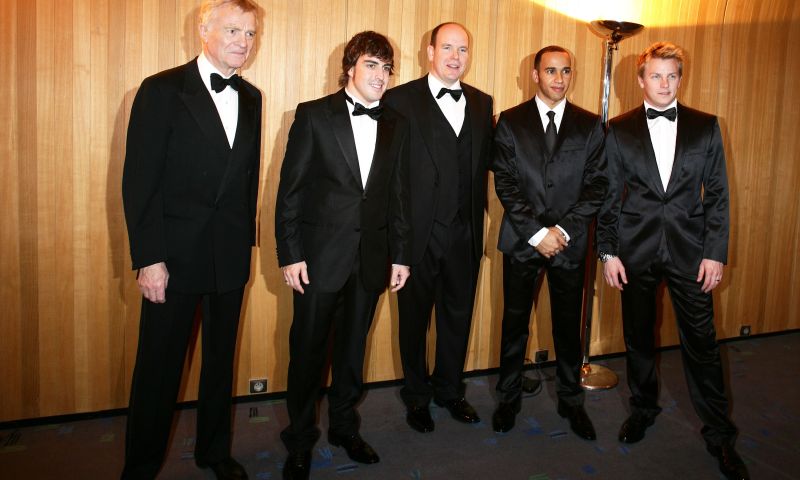Priestley: "How do you prevent F1 drivers from destroying a team?"
F1 News

- GPblog.com
Marc Priestley worked as a mechanic at McLaren from 2000 onwards. The F1 expert also sees on the current grid how individual interests of drivers and team interests can get mixed up. From experience with Lewis Hamilton and Fernando Alonso, the Briton has advice.
Priestley tries to answer question
In his latest Pitlane Life Lessons podcast titled "How do you prevent F1 drivers from destroying a team?" Priestley attempts to answer a question that comes up often. That question is how to get two different drivers on a team to work together in the best possible way, while also being each other's biggest rivals. Priestley says, "How do you actually prevent the individual from only pursuing their own interests at the expense of the team?"
The Brit recalls examples of this situation at McLaren when he was working there. Fernando Alonso was the favorite within McLaren Mercedes for the world title after his two titles at Renault. Newcomer Lewis Hamilton was not so popular: "The mechanics and engineers fought among themselves to work in Fernando's garage. People didn't want to work on Hamilton's car, because they didn't expect so much from him." In practice, it worked out quite differently. Hamilton ended up being as fast as the two-time world champion and even faster in some races.
Communication is the key
The battle between the two teammates in 2007 became very heated at times. On the 2022 grid, the battles between them are not yet so heated. At Red Bull Racing and Ferrari, who seem to be fighting together for the title, the relationships between Max Verstappen and Sergio Perez and Charles Leclerc and Carlos Sainz are still good. Verstappen and Leclerc so far stand head and shoulders above their teammates. With Mercedes currently not really fighting at the top of the field, it could possibly be between George Russell and Hamilton. The young Briton has had a stronger start to the season than the seven-time world champion.
Priestley concludes after numerous examples and recollections of the battles between them at McLaren that communication from the team is crucial. "McLaren could have avoided a lot of fighting by just speaking out how things were. Instead of assuming everyone knew how things were." What Priestley means is that McLaren should have taken charge of the fight between them, and perhaps even prevented a fight between them, by saying which of the two drivers would be the leader.

